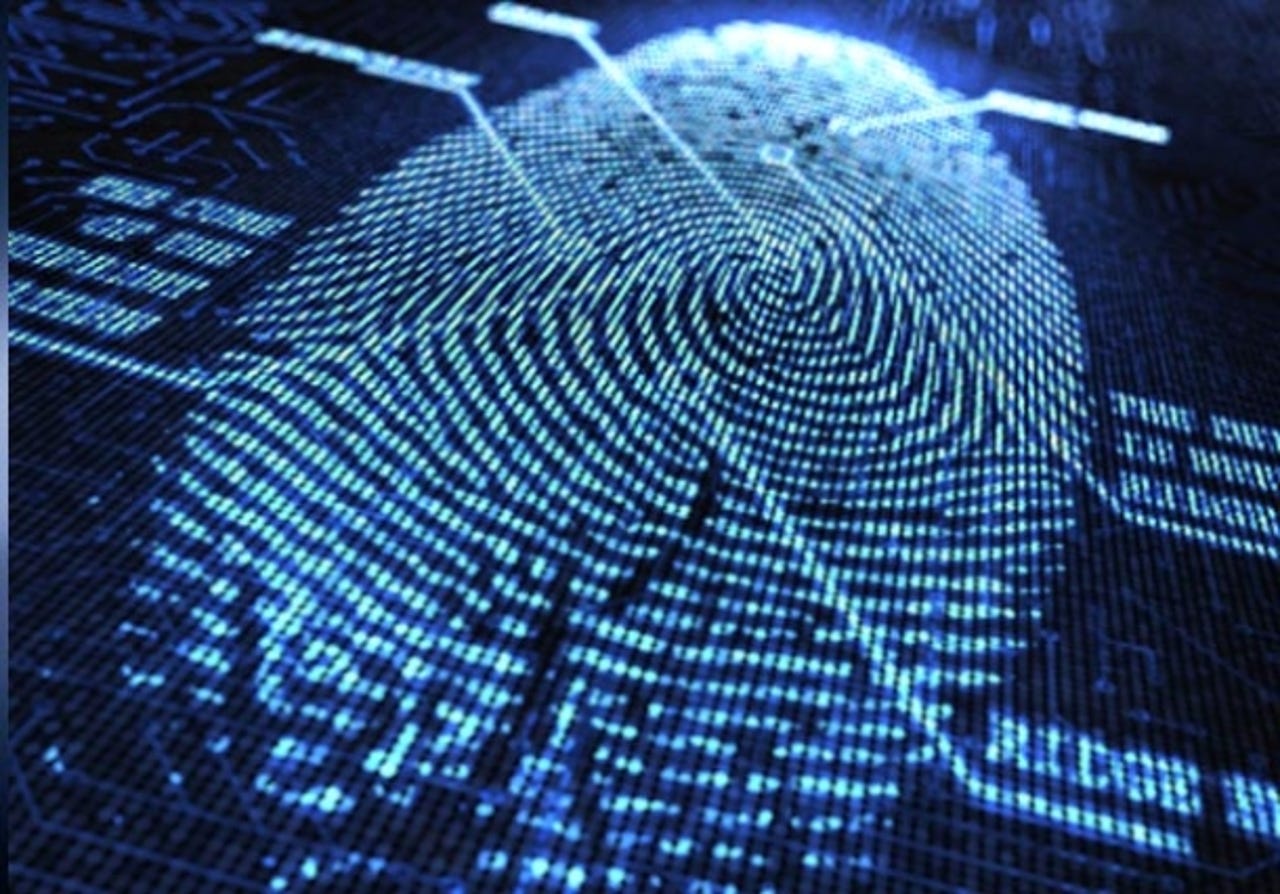US military explores biometric replacement for passwords

The US military is investing millions of dollars in a biometric identification system which could replace the traditional password for web users.
As reported by Sky News, the US military has signed a multimillion-dollar deal for researchers at West Point, the home of the agency's military academy. The team is working on what are called "cognitive fingerprints," which do not use physical characteristics to identify someone, but behavioral traits.
West Point hopes to develop cognitive fingerprint algorithms which learn and recognize patterns of behavior based on how someone uses a mobile device. Whether this relates to how someone swipes their smartphone screen or moves a cursor, patterns are identified and applied to a user in order to verify who they are.
In a document seen by the publication, researchers explain:
"Just as when you touch something with your finger you leave behind a fingerprint, when you interact with technology you do so in a pattern based on how your mind processes information, leaving behind a 'cognitive fingerprint.'
The biometrics program is creating a next generation biometric capability built from multiple stylometric/behavioural modalities using standard Department of Defence computer hardware."
If developed successfully, this type of identity technology would go far beyond the traditional password or more modern two-step verification.
The military hopes the system can be developed and applied to encrypted data communications across the agency's networks as part of the Defence Advanced Research Projects Agency (DARPA)'s active authentication programme.
As noted by Sophos Naked Security, using behavioral patterns to identify users is not completely new. Google, for example, has redesigned its reCAPTCHA product -- used to prevent bots from submitting forms -- with a simple tick box. Using Google's data troves and an AI programme, the system determines if you are human based on how you tick the box and what the tech giant knows about you.
Read on: In the world of security
- Most US businesses vulnerable to insider threats
- Over 90 percent of data breaches in first half of 2014 were preventable
- Bluster, bravado and breaches: Today's 'terrorist' players in cybersecurity
- Mobile malware on the rise worldwide, ransomware hits the spotlight
- Verizon rushes fix for email account open season security flaw
- Microsoft Outlook hacked following Gmail block in China
- High volume DDoS attacks rise in Q3 2014
- Hackers for hire: Anonymous, quick, and not necessarily illegal
- UK hires hackers, convicts to defend corporate networks
- ZeuS variant strikes 150 banks worldwide
Read on: Fixes and Flaws
